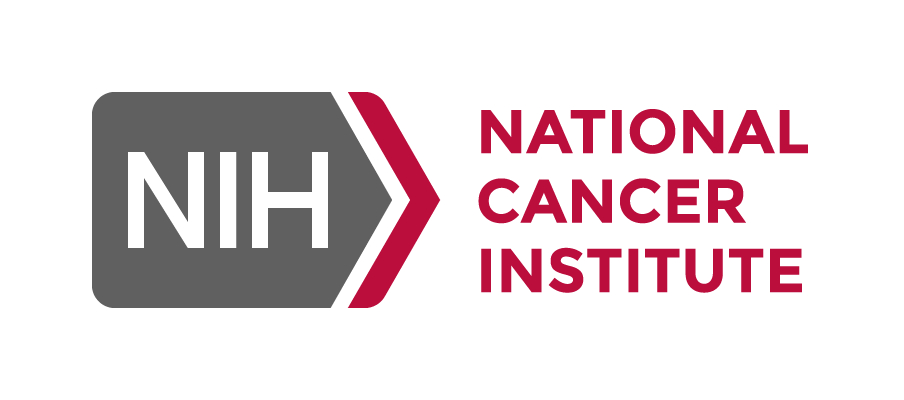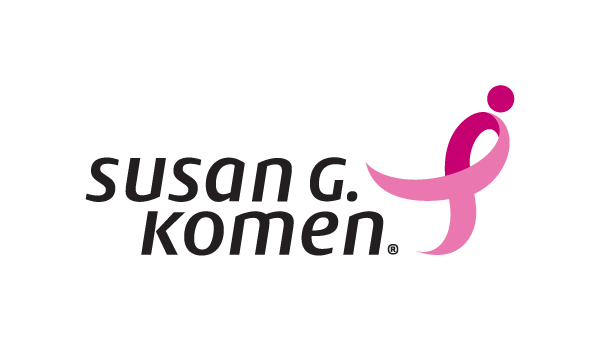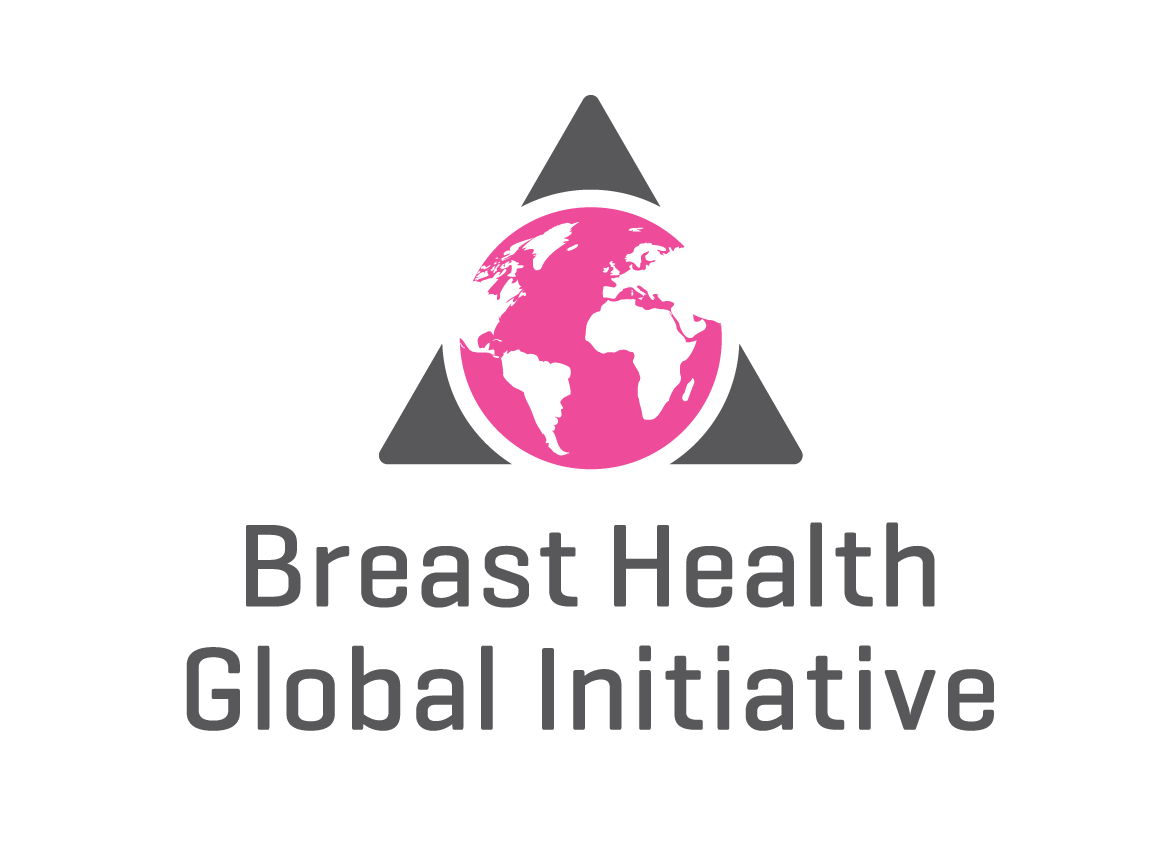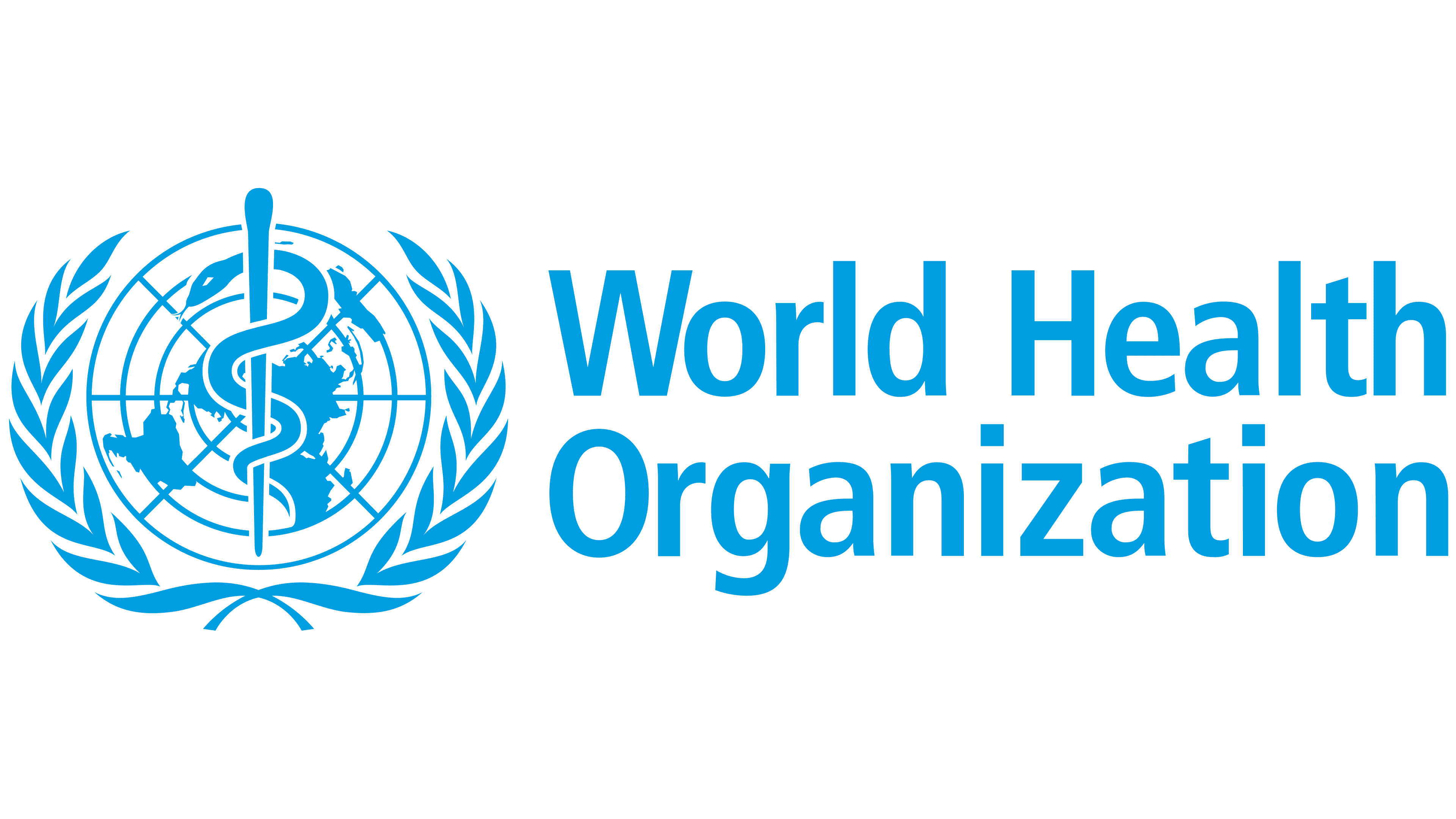Breast Cancer series
The breast cancer series aims to highlight these key issues and foster focused discussions amongst UICC members and renowned experts on key actions needed to reduce the global breast cancer burden.

A series of Virtual Dialogues bringing the breast cancer community together to tackle the growing breast cancer burden
Despite advances and progress seen in breast cancer in recent years, current data highlights that breast cancer incidence and mortality remain the highest for cancer in women, with nearly 2.3 million new cases and an estimated 665,675 deaths in 2022This trend is expected to accelerate in the next 20 years, with a disproportionate number of cases and deaths expected to occur in low-resource settings.
To tackle the growing breast cancer burden, it is critical that improvements are made in
- early detection;
- timely access to treatment and care;
- availability of palliative and survivorship care;
- comprehensive data collection through robust cancer registries.
The breast cancer series aims to highlight these key issues and foster focused discussions amongst UICC members and renowned experts on key actions needed to reduce the global breast cancer burden.
Series dialogues
Virtual Dialogue - Addressing breast cancer: How civil society’s advocacy drives change

Breast Cancer series: Closing the care gap in metastatic breast cancer

Special Focus Dialogue: Rethinking Pink October – how to increase engagement with the public virtually
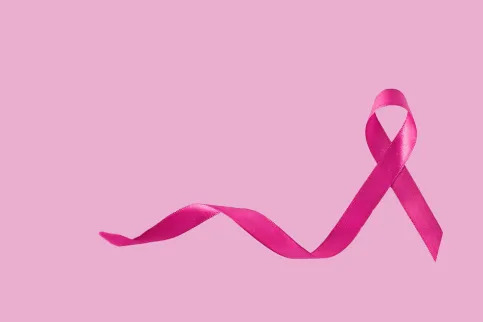
Special Focus Dialogue - Early breast cancer detection

Special Focus Dialogue - A walk through the Knowledge Summaries on Breast Cancer control

This series is part of the UICC's Breast Cancer programme.
It is supported by Pfizer (Founding Partner), Daiichi Sankyo, Revolution Watch, the US National Cancer Institute Center for Global Health, Roche, Novartis and Susan G. Komen, in collaboration with the Breast Health Global Initiative, and WHO's Global Breast Cancer Initiative.
In collaboration with:
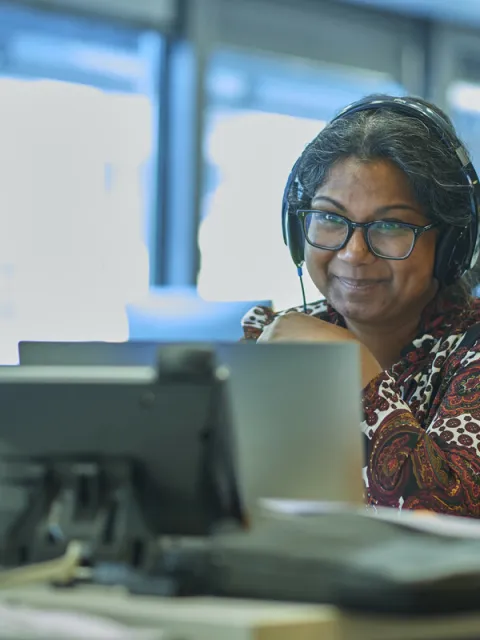
UICC's Virtual Dialogues provide members, and the cancer community, with regular opportunities to connect, exchange knowledge, access expert insights, and share solutions from the comfort of one's office or home.
Virtual Dialogues

UICC and the Canadian Partnership Against Cancer are organising a series of discussions looking at alcohol and cancer to help better inform and connect the cancer community.
Alcohol and cancer series
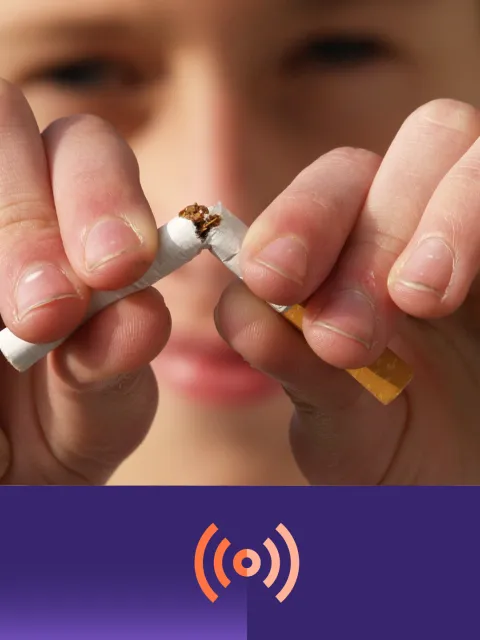
UICC aims to engage all key stakeholders in the tobacco control and cancer communities in discussing key actions to ensure global committments on tobacco control translate into national policy actions ultimately leading to a reduction in the burden of tobacco-related cancer and other diseases.
Tobacco Control and Cancer series

In this series UICC and partners bring global health leaders, advocates and policymakers together to discuss the challenges and solutions to creating an enabling environment towards the 90:70:90 targets by 2030.
Cervical Cancer Elimination series
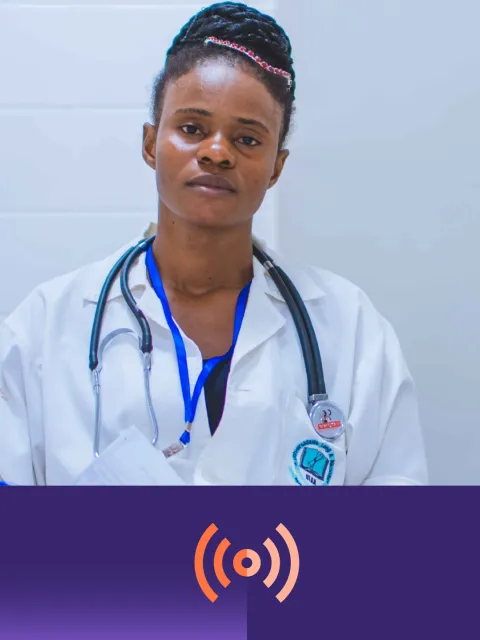
UICC invited the cancer community to reflect on some of the changes set in motion by COVID-19, and discuss the implications for cancer prevention and control.
Cancer beyond COVID-19 series
Last update
Monday 12 February 2024


